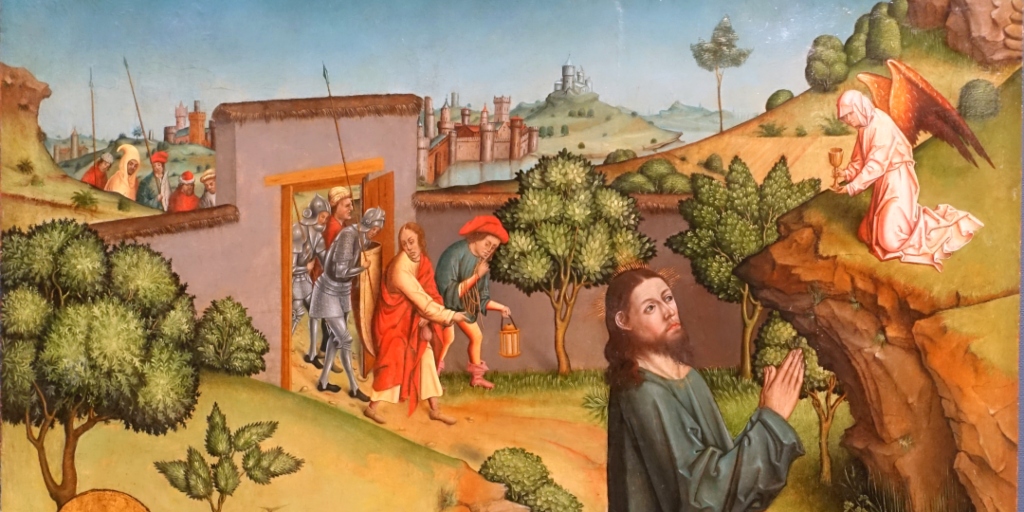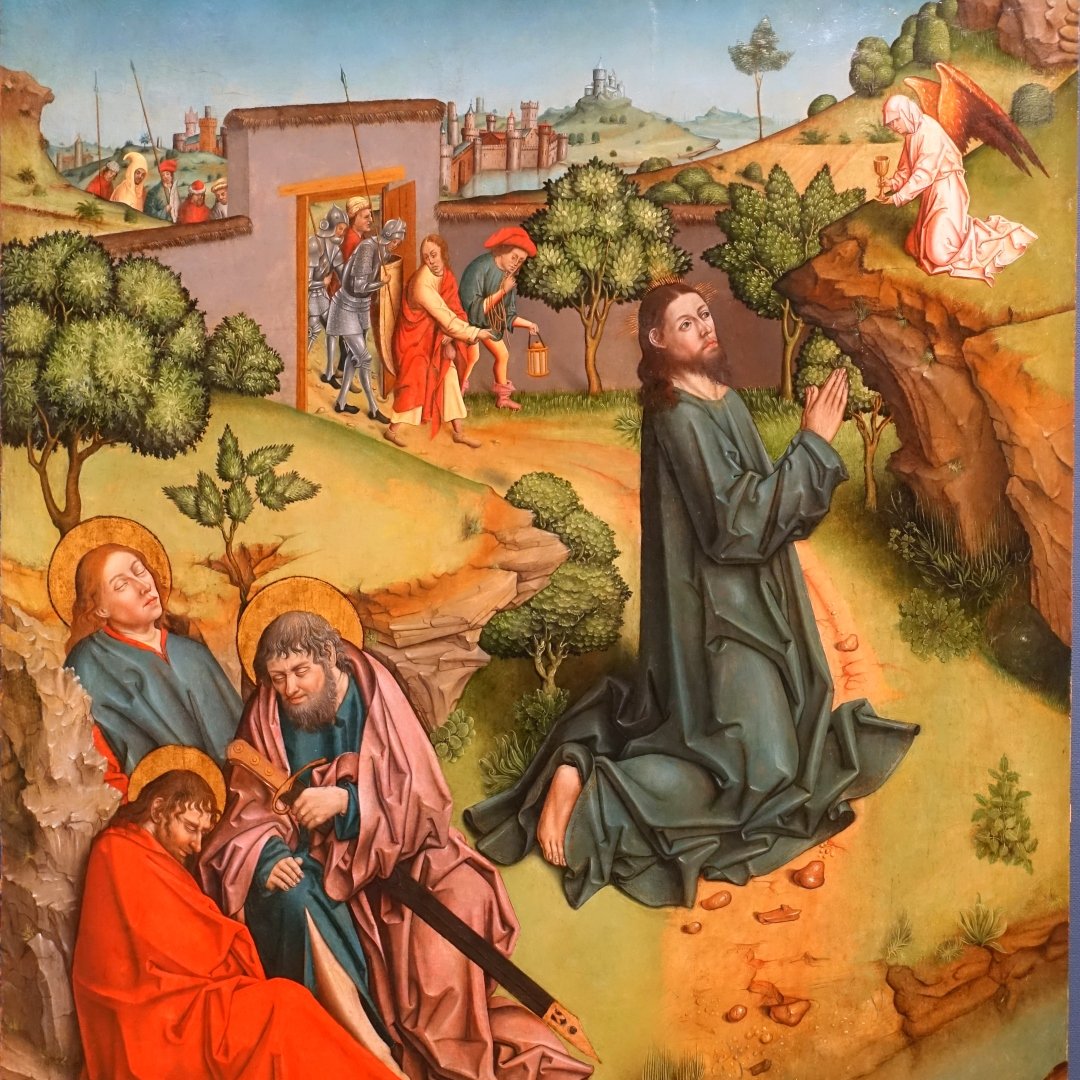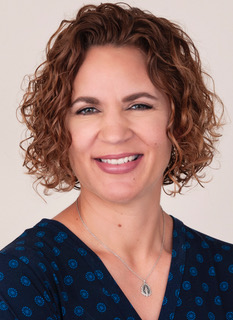
Kristina Talbot reflects on the consolation she received one Holy Thursday, when she prayed to bypass the cup of suffering she faced.
Do you remember the first time you got sick away from home or without your mom there? I was in college and found that not only was I sick, but I was homesick in the truest form. I wanted my mom there to take care of me in the manner she had for my whole life up to that point. Even across the miles, her tender voice provided comfort to talk me through the steps of visiting the doctor and getting my own medication, and so on. Years later, our roles reversed and through a succession of events, I began to become my mother’s caretaker.
Holy Week is a time of deep reflection and connection with the suffering our Lord endured. Year after year, I have meditated on different aspects of this solemn week. Some years ago, when my mom could still converse and showed early signs of her ailing neurological condition, I was able to attend the celebration of the Last Supper with her. At the time, I was looking for a lot of explanations to understand why she was repeating herself or how come she seemed to forget things I had already told her. I wouldn’t say it was denial, but I did not yet understand the scope of her condition and I also didn’t want to acknowledge the decline I anticipated was about to unfold.
That evening, my mom and I processed in the manner that she had taught me, joining in unison to the age-old Latin chant, Pange Lingua. We sang together and moved to our church’s chapel of repose. While meditating on the scene at the Garden of Gethsemane, I connected myself to the Lord’s apprehension about how things were going to work out and what the plan would be going forward.

As I continued to reflect on the sorrowful mystery of the Agony in the Garden, I began imploring the Lord to take this cup away from my mom. Truly, I didn’t want her to suffer or endure any lengthy illness or experience any pain. I poured out my heart, making a case for why the woman who had cared for me in my hours of need did not deserve a cup of this magnitude.
It was in the quiet of the chapel filled with the smell of incense and heat from candles that I felt in my heart a firm yet gentle voice from the Lord. He said, “It is not your cup to take away. You have a cup, and she has a cup. They are not both yours to take on. Her cup is hers and your cup is yours.”
This wasn’t the response I had hoped for, but it was exactly what I needed to hear, and I realized that just as Christ was not forsaken, so too neither I nor my mother would be abandoned.
It is natural that we want to sterilize suffering. But the path to Calvary was anything but sterile. During His agony our Lord said,
“My Father, if it is possible, let this cup pass from me; yet, not as I will, but as you will.” (Matthew 26:39)
We live in an age where we can live in a manner that we mostly like. From comments on social media to preference settings on streaming services, we are served up our preferences daily. I don’t prefer suffering, and I wish I could tell you that the cup that evening passed over myself and my mother. It did not. But what did happen was an unwavering consolation in the knowledge that all suffering endured by me and my loved ones is in fact united with Christ Our Lord, who knows suffering firsthand.
And about three o’clock Jesus cried out in a loud voice, “Eli, Eli, lema sabachtani?” which means, “My God, my God, why have you forsaken me?” (Matthew 27:46)
We don’t get to choose how much suffering we or our loved ones endure. It is our default preference that all suffering be lessened. This is known and received by our Lord. During this Holy Week, we can rest in the knowledge that there is no cup of suffering given to us which He has not only endured but He has also conquered in victory.

Copyright 2023 Kristina Talbot
Images: (top, bottom) Fernando Gallego and workshop, Public domain, via Wikimedia Commons; (center) Canva
About the Author

Kristina Talbot
Kristina Talbot is a Licensed Clinical Social Worker and native Floridian who loves that her engineer husband enjoys Karaoke, and her four children enjoy carpool line with the music up. Kristina is the owner and founder of ARISE Mental Health Consulting Services and has a ridiculous amount of knowledge about football. You can follow Kristina on Facebook and Instagram @arisemhc.


.png?width=1806&height=731&name=CatholicMom_hcfm_logo1_pos_871c_2728c%20(002).png)
Comments